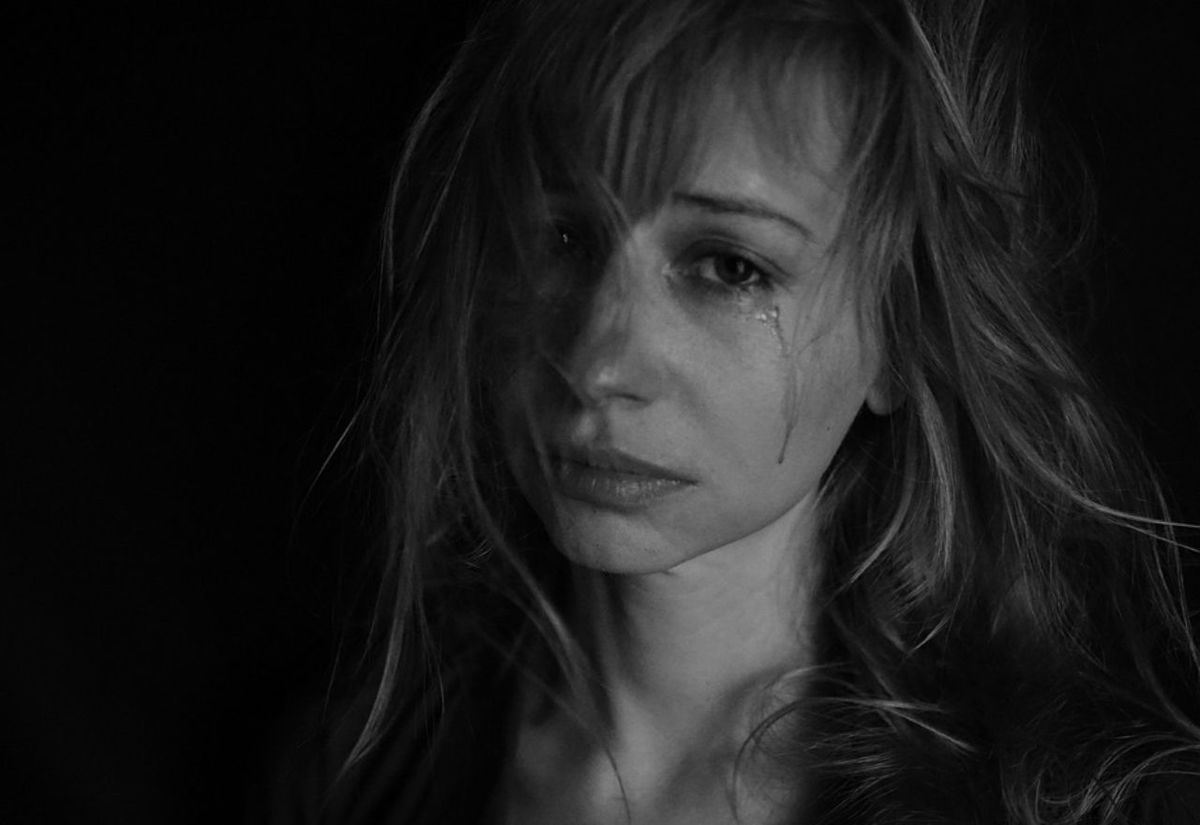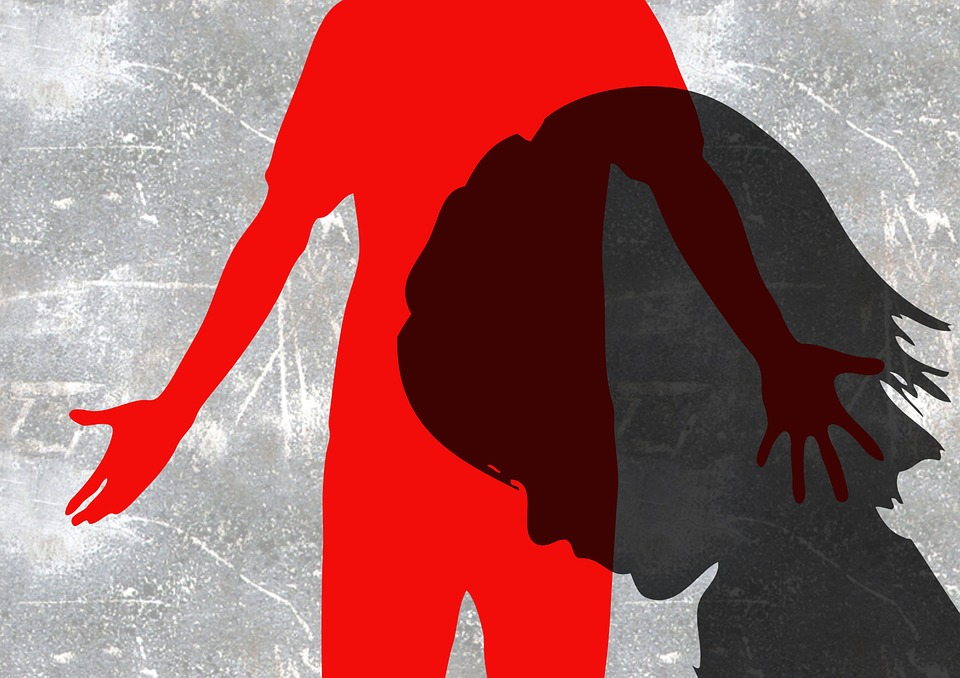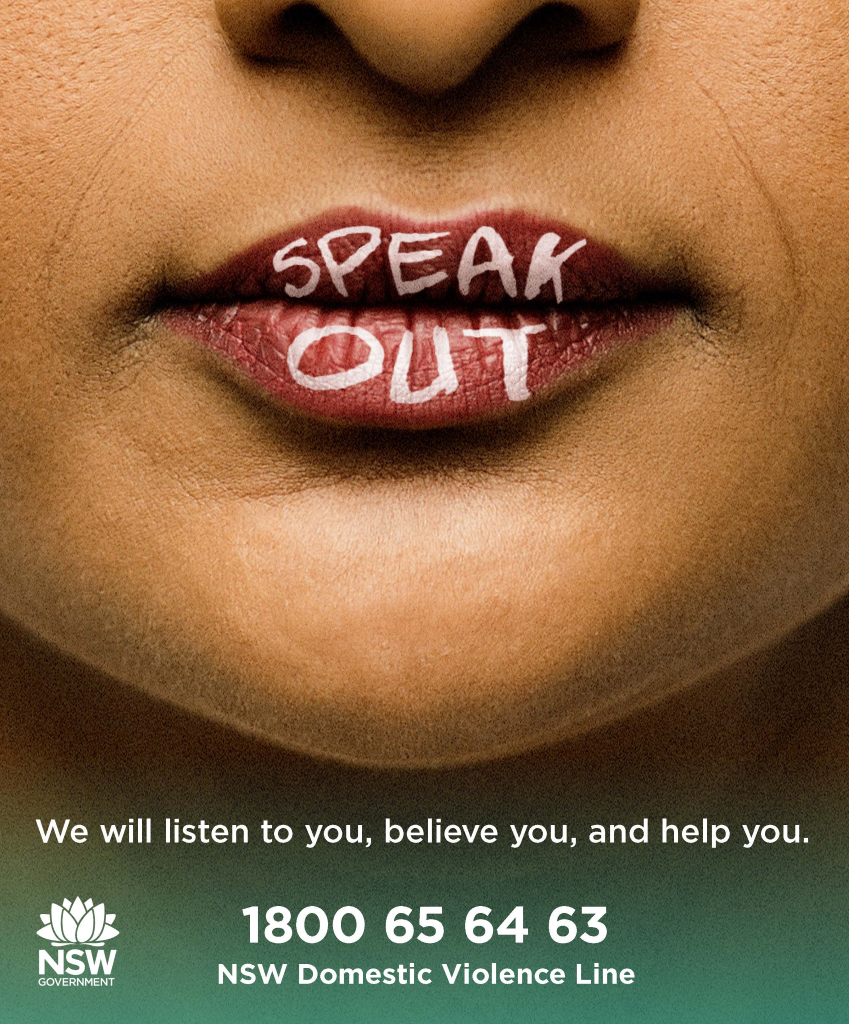Helping violent men change
Luke Williams
13 February 2023, 2:40 AM
 Image: Pixabay
Image: Pixabay A little over a decade ago, Rebecca Palenapa-Pili had to flee a violent partner. She had her children, a foam mattress and a single plastic bag - that's all she had to start again.
“As well as trying to rebuild a life and provide for my children, I was so scared that he would still find me” she told the Western Plains App.
It's a situation many across the region while be familiar with: the number of AVO (apprehended violence order) breaches and domestic violence assaults has increased by 19 per cent in regional NSW over the past five years.
Meanwhile, domestic violence incidents now account for 40 per cent of police call outs across regional NSW.
Many of the court lists from the region indicate somewhere between 50 and 60% of the court caseload is from domestic violence.
Five women have been murdered in acts of domestic violence in Australia this year.
“After I got myself together, I decided I wanted to help other people in my situation,” Rebecca said. “It was about making sure I was there for women who needed someone to be there for them which is what I struggled with at the time”.
The twist in the tale here is that Rebecca now works with men who are domestic violence perpetrators to help them see the error in their ways.
Rebecca works with the Catholic Care Forbes group that runs Behavioral Change courses with men across the region including in Bourke.
The course is designed for men who have or are at risk of engaging in abusive behavior to learn non-abusive relationship behaviors and stop causing harm others.
According to a program website, it works to challenge "old ways of acting and thinking", "develop more respect for self and others", and "take responsibility for their actions".
Programs run over 20 weeks and involve group work and individual counselling.
For Rebecca, a survivor of near fatal domestic violence, this means sitting down face to face with a man who has been abusive to women, just the two of them, talking about his violence.
“It’s important to have compassion. It’s not about excuses but a lot of these men come from violent homes, they have come to see aggression as the way to solve problems," she says.
"They also have quite a rigid way of seeing their masculine roles, so they see a need to dominate and control, and if they are not doing that they think they are not fulfilling their role as a man. So it's about asking them about their upbringing and what they have seen and what they believe”.

Image: Pixabay
When asked what it's like for her personally to deal with these situations, Rebecca told the Western Plains App “Almost all of them are wanting to change and know the problem lies in their attitudes. Once they admit their behaviour is abusive, then it is easier for them to be open to see where their problem behaviour lies and how it started.
"For me I think it's part of the experience I've been through that has led me to this point, that I want to make for a better world and that these men need help to stop being abusive, and I can use my experience to help them understand.”
Allan Ball Director with anti-violence organisation White Ribbon told the Western Plains App that men’s behavioural change courses are “intensive”, “therapeutic” and the goal is “100% to challenge harmful attitudes and beliefs".
“A lot of it is that men can see women as an object or a possession, or they see themselves as more powerful than women," he said.
"So it's a program designed to look at root causes. This includes what they're taught as children, what they were taught in society, particular Australian ideas around sexism and misogyny, dealing with anger, building better interpersonal skills, not misusing alcohol or drugs, understanding what is a healthy relationship."

Image: NSW Government.
Ball said there is not enough funding for crisis interventions for women and children facing violence, let alone money for programs designed for offending men.
Ideally he says every town and in every major suburb there would be a live-in program for men to deal with their violent behaviour.
In December last year the number of programs targeting domestic violence offenders was tripled as part of a $18 million NSW Government commitment to reducing reoffending. This specifically included more funding for Catholic Care Wilcannia Forbes where Rebecca works.
Member for the Dubbo electorate Dugald Saunders said the investment will expand service delivery across the Central and Far West.
“No one in NSW should live in fear of being in a domestic violence situation, which is why we set a strong standard of holding perpetrators to account,” Mr Saunders said.
“Behavioural change programs work with domestic violence offenders to recognise that their actions are unacceptable and to make them aware of conduct that can trigger reoffending.”
Rebecca admits though she is still troubled by the experiences in her past at times when working with men who are perpertrators.
“I think from those experiences I am able to explain how different life is for a woman. That even walking to our cars can create fear in a way it does not for a man," she said.
"When a man even shouts at a woman it can make her feel unsafe. Once a man can see that his behaviour is making a woman feel scared for her life then he usually pulls back and starts to see how male aggression can impact a woman in ways he didn't fully appreciate.
"Once in group the second a man starts to show a problematic attitude or say the wrong thing, the other guys who are further along in their progress will immediately jump and tell him that is wrong and he needs to change his attitudes. So I see just amazing growth and progress among men to become leaders in stopping violence against women ”
“For me it ended when I came to see the way women are raised even from very early children just to put up with men having tantrums or men being aggressive. Its part of the male privilege," said Rebecca.
"In turn that meant we are supposed to think about men before ourselves and that even if we are scared we should just make allowances for it. So women are conditioned to put up with male violence from a very young age”.
NSW Domestic Violence Line – 1800 65 64 63
Lifeline – 13 11 14



